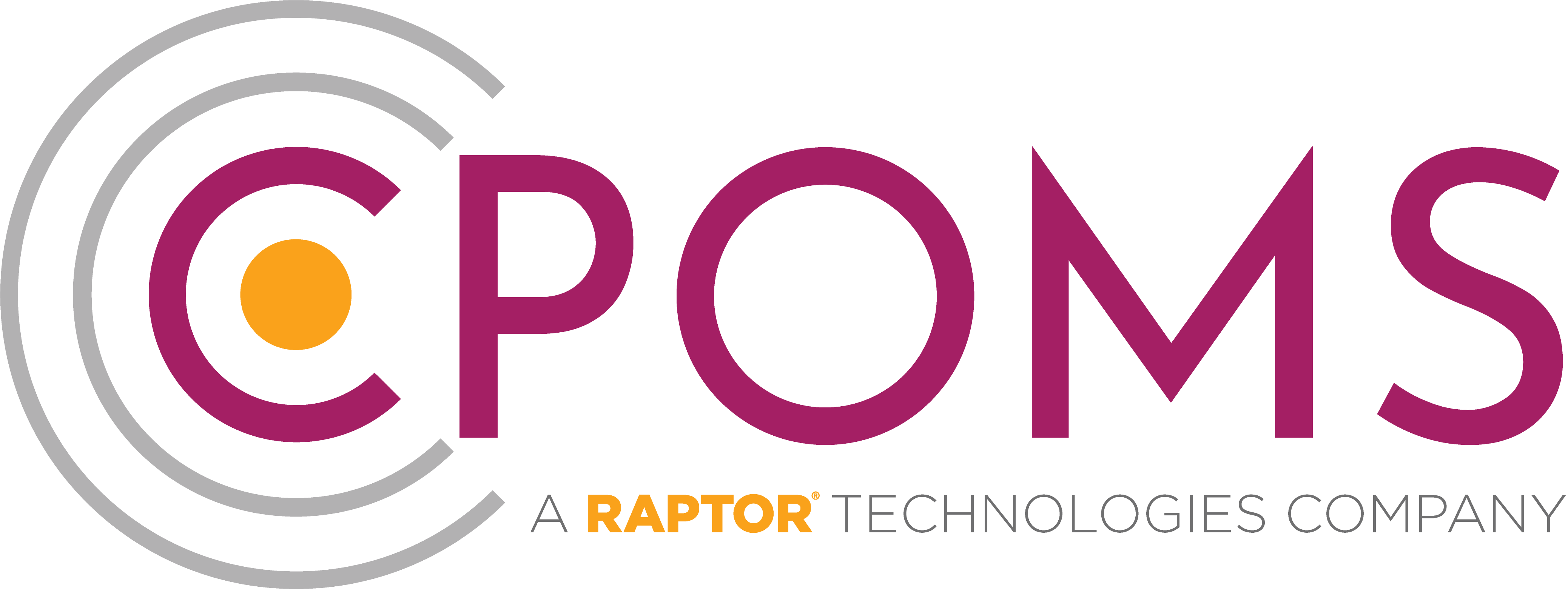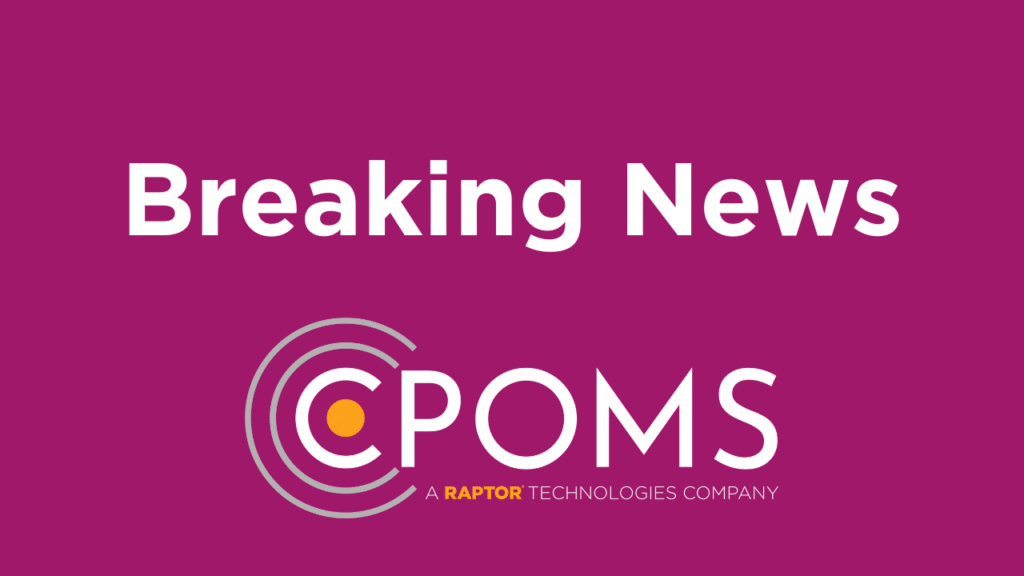Preparing Your School for Inspections
School inspections, such as those conducted by inspectorates such as Ofsted, Estyn and the ISI, have long been pivotal events in the education system. These rigorous evaluations play a critical role in defining the school’s reputation, educational quality, and the future direction of institutions. For teachers and school leaders, effective preparation for such inspections is essential.
Strategies and best practices aimed at preparing for an inspection are extensive and multifaceted, encompassing everything from governance documentation to staff training, safeguarding procedures, and even mental health. This overview, derived from the Preparing Your School for Inspections webinar, aims to explore the preparation process and equips educational leaders with actionable insights for navigating the intricate process of school inspections.
Hilary Gornall, a Customer Success Associate at CPOMS, delivered insightful details on inspections during the webinar. Hilary has worked within education for 33 years, qualified as a Youth and Community worker and highly experienced in behaviour support and Pastoral Management, as well as formerly working as a DSL and nurture practitioner.
Understanding the Inspection Process
To begin with, it is crucial to have a deep understanding of the inspection process itself. Familiarising oneself with the criteria, duration and protocols of a typical inspection can significantly reduce the uncertainties and anxieties during periods when staff may be feeling increased pressure. A detailed understanding of inspections and the expectations of inspectors can help schools tailor their preparations.
When an inspection is imminent, schools should expect to provide a comprehensive overview of policies, procedures and daily operations. Note that the headteacher will have limited time to engage in planning as typically notice of an inspection is provided only days before the scheduled visit. This is a prime opportunity to ensure the school’s key strengths and special characteristics are articulated effectively.
Proactive Policy and Procedure Management
Best practice involves the proactive management of policies and procedures well before the inspection window opens. This includes the regular review and reinforcement of safeguarding policies, ensuring that all staff members are trained and informed of their roles, and maintaining a work environment that promotes open communication and mutual support.
Moreover, maintaining meticulous documentation can streamline the inspection process and reduce stress levels for staff members. Technological tools can be invaluable for organising and presenting the necessary documentation during the inspection. CPOMS Safeguarding software, for example, offers comprehensive reporting capabilities, including summary reports tailored for teachers, detailed management reports for governance, and specialised reports for inspections.
Key Areas of Focus in Inspection Preparation
Preparation for inspections must be dynamic, focusing on several core areas:
1 – Communication and Staff Training
Informing all staff about the upcoming inspection and providing them with relevant training is pivotal. Regular continuous professional development (CPD) sessions can ensure that every staff member feels equipped to respond to inspection queries confidently and that they understand the importance of their role in the process.
2 – Inspection Criteria and Processes
Familiarising the leadership team and stakeholders with the specific inspection criteria and processes, such as the details required on short notice, can facilitate a smoother inspection experience. This includes knowledge of the statutory requirements for documentation and evidence.
3 – Handling Unexpected Challenges
Anticipating and preparing for unexpected challenges, such as technical issues or behavioural incidents during an inspection, helps schools maintain composure and demonstrate their ability to handle adverse situations in accordance with established policies and procedures. “You can plan in your best ability for every eventuality, but you can bet your bottom dollar that something will happen out of the ordinary. That’s the nature of being in a school,” said Hilary.
4 – Student and Staff Wellbeing
Developing robust wellbeing support systems for both students and staff, and ensuring that these systems are operational and well-known, can significantly influence the inspection outcome. Inspectors will examine a school’s efforts to promote a healthy and supportive environment for all members of its community.
Fostering a supportive environment for all staff members and encouraging self-care in the lead up to and during the inspection, is just as important as any technical preparation. A well-supported staff is more likely to perform optimally and provide a positive, genuine reflection of the school’s culture. Hilary noted, “It’s a stressful time for staff, but if you are as prepared as you possibly can from the top down, that helps everybody to feel far more comfortable and more in control of the process.”
5 – Efficient Record Keeping
Effective record keeping not only substantiates a school’s claims regarding its practices and procedures but also fosters accountability among staff. Schools should have systems in place to manage attendance, behaviour, exclusions and other critical data effectively.
Leveraging the right tools and systems can alleviate some of the burdens associated with preparation and the inspection itself. Safeguarding software can automate record-keeping, provide instant access to critical information, and ensure that no detail slips through the cracks.
CPOMS Safeguarding fosters secure document storage and a student information vault to allow for easy scanning and attaching of documents to records, making all information easily collated and accessible during inspections. Effortlessly track a referral from start to finish, maintain communication records (including letters and calls), and set alerts to monitor progress.
6 – Avoiding Common Pitfalls
Understanding the common pitfalls associated with inspections and developing strategies to mitigate them is essential. This might involve creating a comprehensive checklist, conducting mock inspections and instilling a culture of continuous self-improvement.
7 – The Critical Role of Documentation
Efficient documentation often makes or breaks an inspection. Key documents, such as the school improvement plan, governance arrangements, and records of pupil behaviour and attendance, must be up-to-date and readily accessible. Hilary advises schools “Ensure that you’ve set up reports that are scheduled within CPOMS to recur so that this information can be accessed quickly without a great deal of additional stress.” Inspectors will review the self-evaluation form, governance documentation and a host of other records to assess the school’s performance.
In addition to the requisite documentation, Hilary explained that inspectors will seek operational information that demonstrates the school’s strategic direction and management. For academies, this includes board of trustee minutes and strategic governance documentation, and for all schools, it should include an accurate self-evaluation form aligned with improvement plans.
In Conclusion
In an ever-evolving educational landscape, proactive and adaptive preparation is crucial. Though inspections require diligent planning and organisation, they present an opportunity to showcase a school’s dedication to student wellbeing and educational quality. By staying informed and focused on student and staff interests, schools can not only meet but exceed inspection expectations, reflecting their achievement and ethos.
To learn how CPOMS can assist you during the inspection process, click here to schedule a complimentary demo now.




